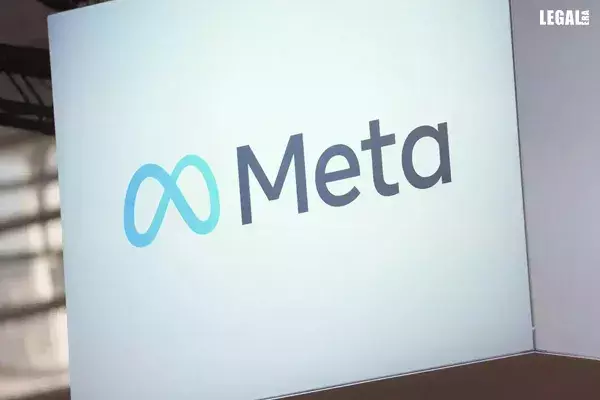CBIC makes virtual hearing mandatory in GST appeal cases
The Central Board of Indirect Taxes and Customs (CBIC) has asked GST field offices to conduct hearings in GST appeal cases via video conferencing for their expeditious disposal while ensuring social distancing.In April, the CBIC had issued guidelines for conducting personal hearing in virtual mode for appeals under Customs Act, and erstwhile excise and service tax related disputes.In a letter...
The Central Board of Indirect Taxes and Customs (CBIC) has asked GST field offices to conduct hearings in GST appeal cases via video conferencing for their expeditious disposal while ensuring social distancing.
In April, the CBIC had issued guidelines for conducting personal hearing in virtual mode for appeals under Customs Act, and erstwhile excise and service tax related disputes.
In a letter to Principal Chief Commissioners, the CBIC said that the the initiative has helped in speeding up adjudication and appellate proceedings, saving cost of travel and time, and critically ensuring social distancing in these challenging times.
According to the CBIC, it has decided to make it mandatory for various authorities, such as Commissioner (Appeals), original adjudicating authorities and Compounding Authority to conduct personal hearing in virtual mode in cases relating to Central GST (CGST) and Integrated GST (IGST). It added that this initiative would facilitate all stakeholders such as suppliers under GST, importers, exporters, passengers, advocates, tax practitioners and authorized representatives. The CBIC also asked for the e-mail address for correspondence, etc. for the same.
The CBIC also issued guidelines for conducting virtual hearing for GST appeals and said in any proceedings before appellate or adjudicating authority, the authority ‘shall mandatorily indicate’ that the personal hearing would take place through video conferencing facility.
‘The virtual hearing through video conference will be conducted through available applications like VIDYO, or other secured computer network. The assessee should download such application in their computer system/laptop/mobile phone before hand for ready connectivity during virtual hearing, and join the video conference at the time allotted to them,’ the CBIC guidelines said.
This move would expedite timely disposal of cases.
Under the guidelines, taxpayers are expected to accept personal hearing through video conferencing mode, and only in accentuating circumstances taxpayer would be empowered to deny such digital hearing, he added.









